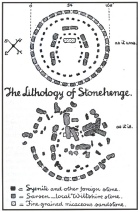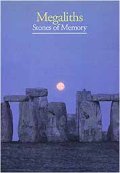Register here - as a registered user you get more features and fewer ads.
For much of the twentieth century, Egyptologists shied away from explorations in the vast sand sea known as the Western Desert. An expanse of desolation the size of Texas, the desert seemed too harsh, too implacable, too unforgiving a place for an ancient civilization nurtured on the abundance of the Nile. In spring, a hot, stifling wind known as the Khamsin roars across the Western Desert, sweeping up walls of suffocating sand and dust; in summer, daytime heat sometimes pushes the mercury into the 130 degree–Fahrenheit range. The animals, what few there are, tend to be unfriendly. Scorpions lurk under the rocks, cobras bask in the early morning sun. Vipers lie buried under the sand.
When Egyptologists finally began investigating the Western Desert, they gravitated first to the oases. But in 1992, a young American graduate student, John Coleman Darnell, and his wife and fellow graduate student, Deborah, decided to take a very different tack. The couple began trekking ancient desert roads and caravan tracks along what they called "the final frontier of Egyptology." Today, John Darnell, an Egyptologist in Yale's Near Eastern Languages and Civilization department, and his team have succeeded in doing what most Egyptologists merely dream of: discovering a lost pharaonic city of administrative buildings, military housing, small industries, and artisan workshops. Says Darnell, of a find that promises to rewrite a major chapter in ancient Egyptian history, "We were really shocked."
More:
http://yalealumnimagazine.com/issues/2010_09/egypt3841.html
Something is not right. This message is just to keep things from messing up down the road



